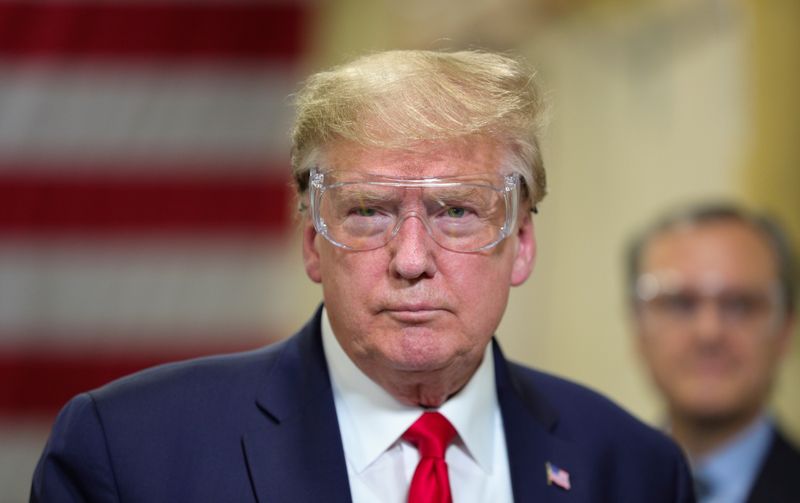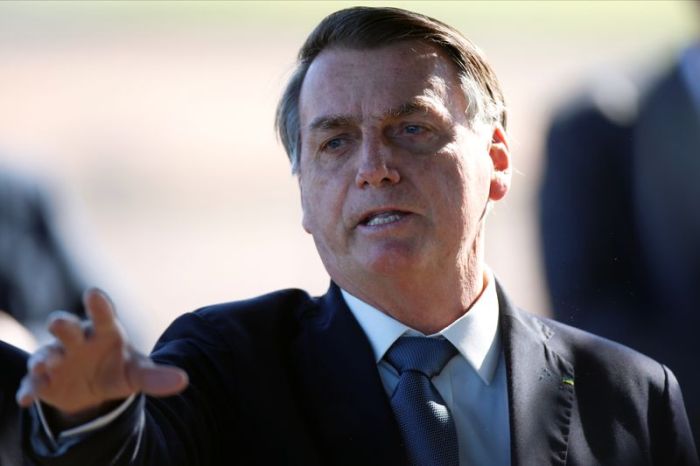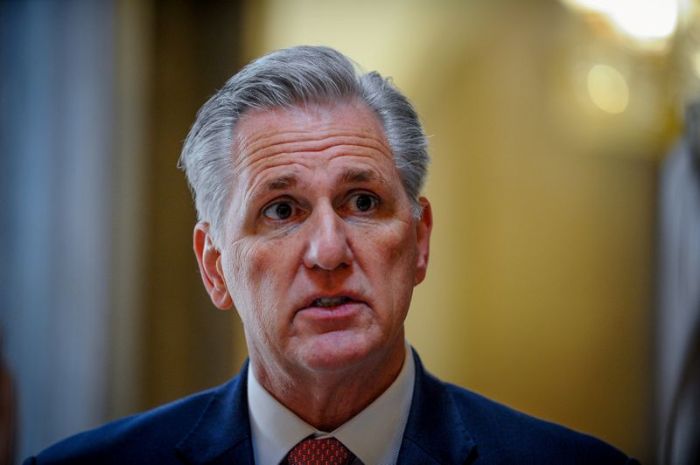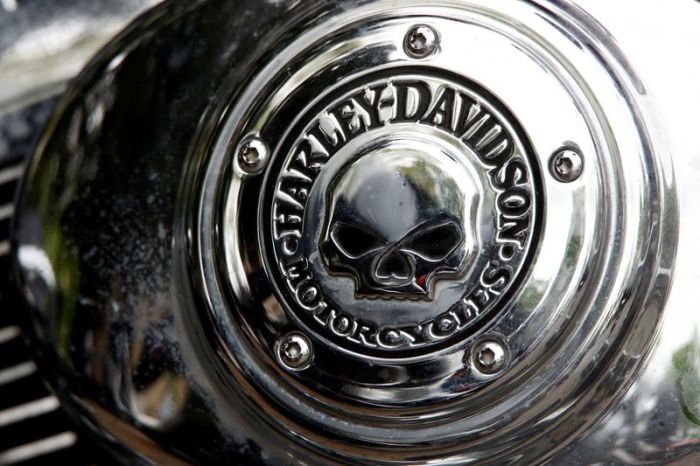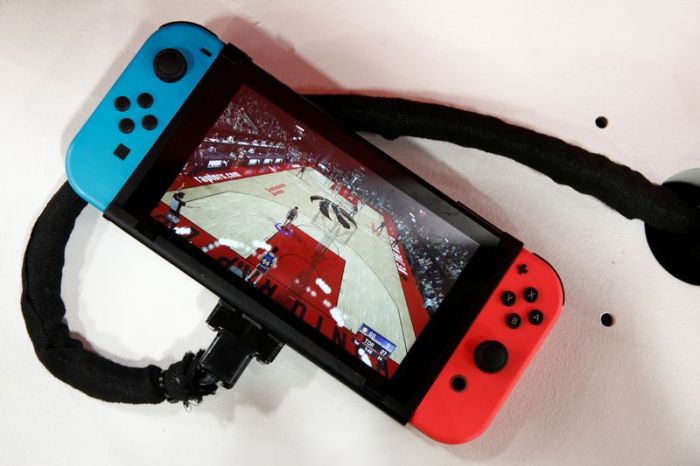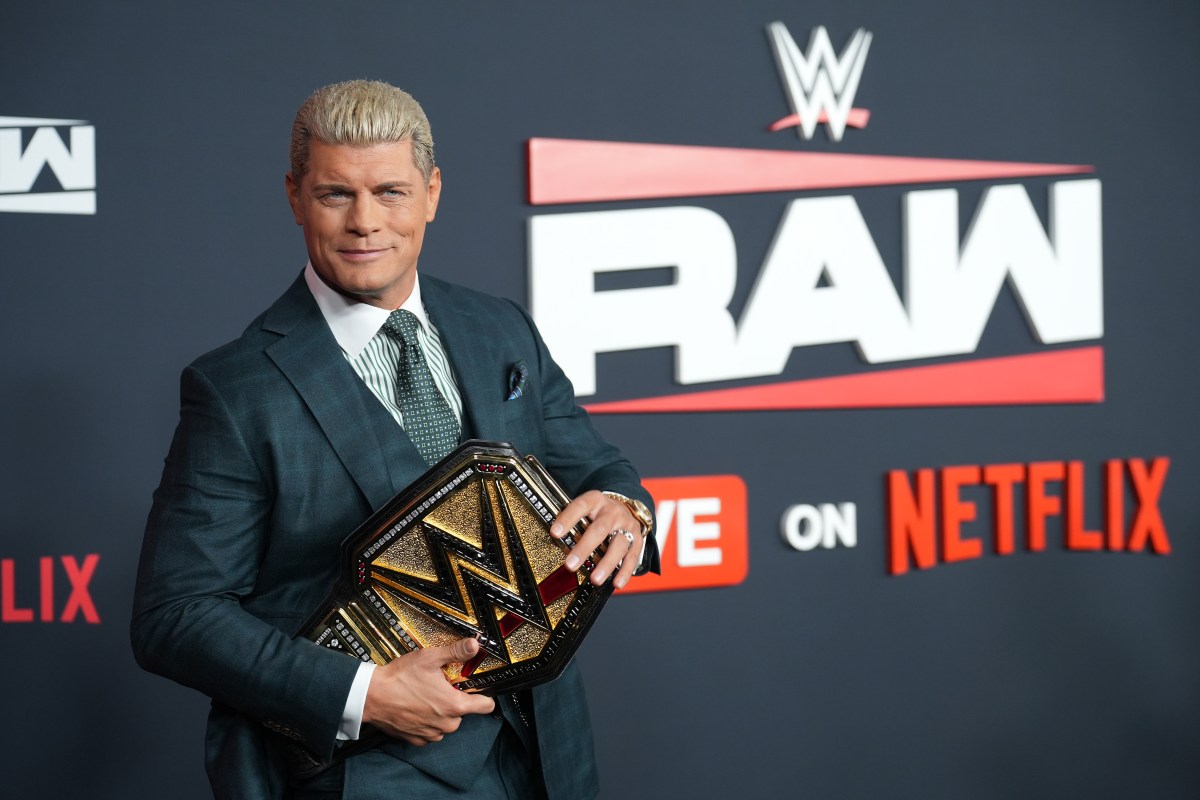WASHINGTON (Reuters) – U.S. President Donald Trump stressed his desire for arms control that includes both Russia and China in a telephone call with Russian President Vladimir Putin on Thursday, the White House said in a statement.
“President Trump reaffirmed that the United States is committed to effective arms control that includes not only Russia, but also China, and looks forward to future discussions to avoid a costly arms race,” the White House said.
Trump has repeatedly argued – so far to no avail – for China to join the United States and Russia in talks on an arms control accord to replace the 2010 New START treaty between Washington and Moscow that expires in February.
New START restricted the United States and Russia to deploying no more than 1,550 nuclear warheads, the lowest level in decades, and limited the land- and submarine-based missiles and bombers that deliver them.
China, estimated to have about 300 nuclear weapons, has repeatedly rejected Trump’s proposal, arguing its nuclear force is defensive and poses no threat.
The call, which took place on the 75th anniversary of the end of World War Two in Europe, also covered working to defeat the new coronavirus outbreak as well as other issues, the White House said, with Trump saying the United States stood ready to help any country fighting the disease, including Russia.
Trump later told reporters Putin had accepted his offer to provide ventilators to help treat people with the potentially deadly COVID-19 respiratory illness caused by the coronavirus, adding Russia is having a hard time with the disease.
In its own statement, the Kremlin said “it was proposed by the American side to send a cargo of medical equipment to Russia” but provided no further details.
The Kremlin also said the two leaders discussed the global oil market as well as other issues.
It made no specific reference to arms control, other than a brief reference to the two countries being capable of working together to ensure “strategic stability.”
(Reporting By Jeff Mason and Arshad Mohammed; Additional reporting by Vladimir Soldatkin and Andrew Osborne in Moscow; Editing by Chizu Nomiyama and Jonathan Oatis)

